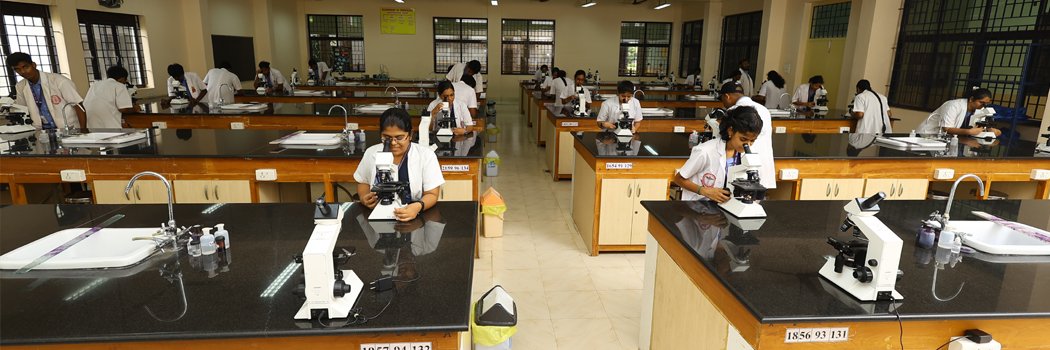
The Department of Doctor of Medicine (MD) at Melmaruvathur Adhiparasakthi Institute of Medical Sciences and Research (MAPIMS) is dedicated to providing advanced postgraduate medical education and training. Our MD program offers specialization in various medical disciplines, allowing doctors to deepen their knowledge, hone their clinical skills, and become experts in their chosen field.

The MD program at MAPIMS provides in-depth training and specialization in various medical specialties. The duration of the program varies depending on the specialization chosen but typically spans three years. The curriculum is designed to include a combination of didactic lectures, clinical rotations, research projects, and hands-on training to ensure comprehensive learning and skill development.

Internal Medicine

Pediatrics

Obstetrics and Gynecology

General Surgery

Anesthesiology

Radiology

Dermatology

Psychiatry

Orthopedics

Ophthalmology

Otorhinolaryngology (ENT)

Pathology

Microbiology

Pharmacology
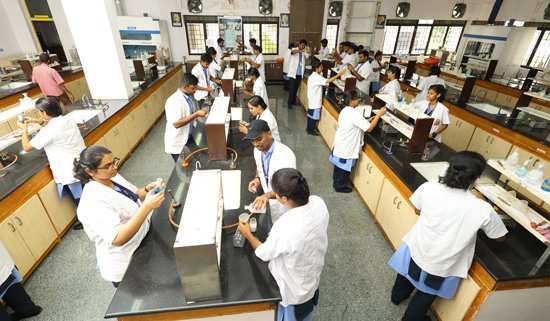
Community Medicine

Graduates of the MD program have a wide range of career opportunities available to them, both in clinical practice and academic research. Some common career paths include:
The MD program at MAPIMS equips graduates with the knowledge, skills, and expertise required to excel in their chosen medical specialty and make significant contributions to the healthcare field. Whether pursuing clinical practice, academic medicine, or research, MD graduates play a crucial role in improving patient outcomes and advancing medical knowledge and innovation.
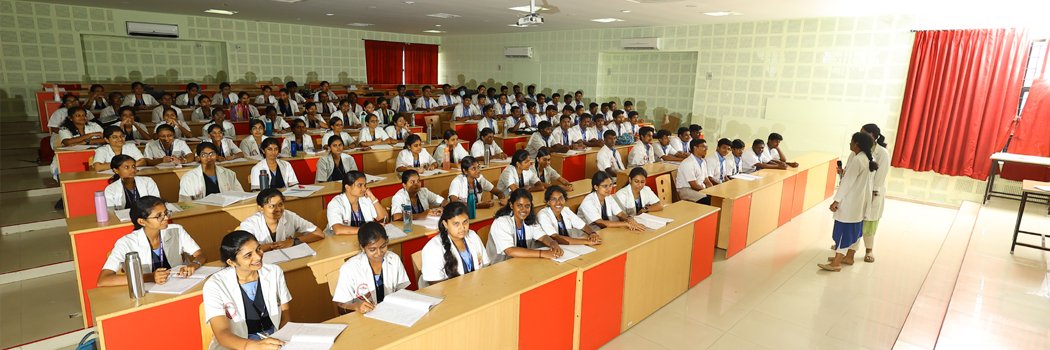
The Department of Master of Surgery (MS) at Melmaruvathur Adhiparasakthi Institute of Medical Sciences and Research (MAPIMS) offers advanced postgraduate training and specialization in surgical disciplines. Our MS program is designed to provide surgeons with comprehensive knowledge, advanced surgical skills, and clinical expertise in their chosen field of specialization.
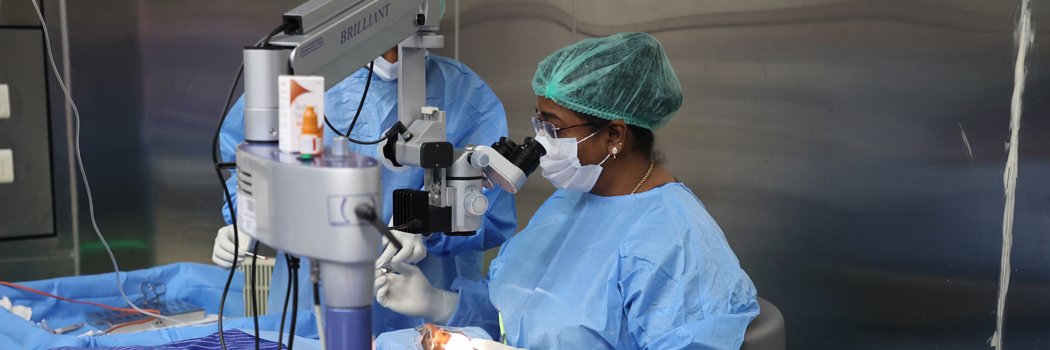
The MS program at MAPIMS offers specialization in various surgical disciplines, providing in-depth training and practical experience to aspiring surgeons. The duration of the program varies depending on the chosen specialty but typically spans three years. The curriculum encompasses a blend of theoretical coursework, hands-on surgical training, clinical rotations, research projects, and dissertation work.

General Surgery

Orthopedic Surgery

Neurosurgery
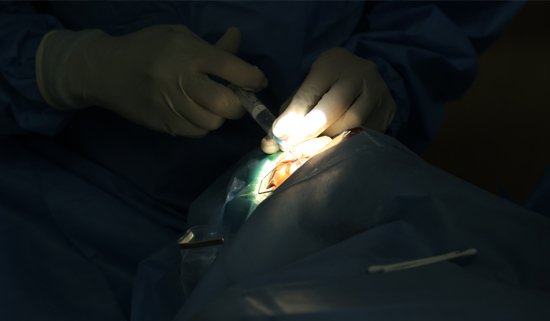
Cardiothoracic Surgery

Gynecological Surgery

Urology

Pediatric Surgery

Ophthalmology

Otorhinolaryngology (ENT)
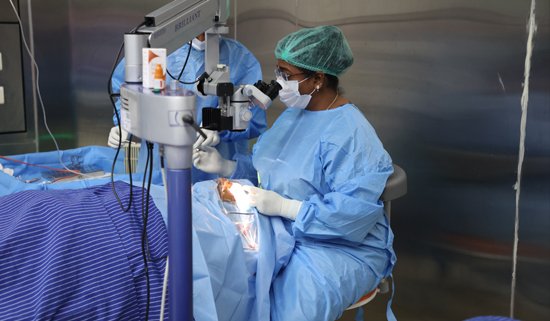
Plastic and Reconstructive Surgery

Graduates of the MS program have diverse career opportunities available to them, both in clinical practice and academic research. Some common career paths include:
The MS program at MAPIMS equips graduates with the knowledge, skills, and expertise required to excel in surgical practice and make meaningful contributions to the field of surgery. Whether pursuing clinical practice, academic surgery, or research, MS graduates play a vital role in improving surgical outcomes and advancing surgical care globally.